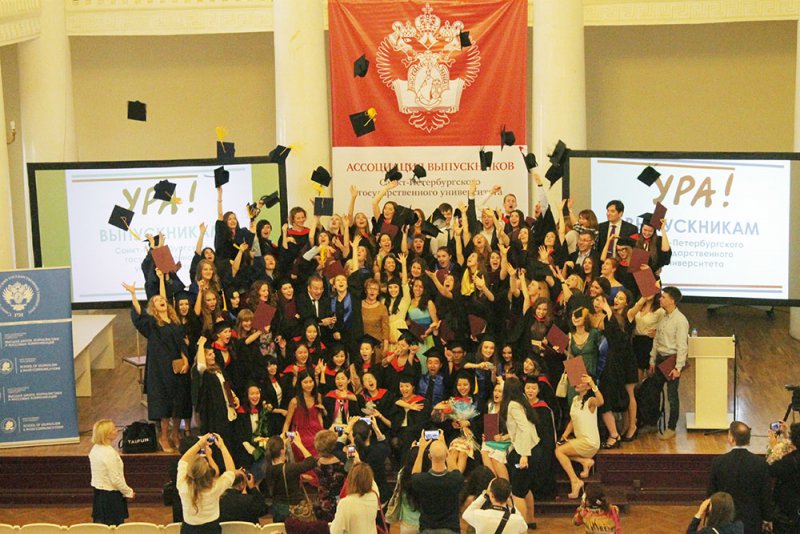Story of Ahmad
He is the little Syrian boy who doesn't understand the war in his native country. He smiles and timidly hangs his head when answering questions. He is lucky that his family made it to Germany and he has already been living in Hamburg with relatives for two months.
"Wie geht es dir?"
"Sehr gut!" says Ahmad. He cannot speak German very well.
Hamburg has admitted more than 23,000 people from Syria, Afghanistan or Albania. To learn German is the key of a successful integration of refugees. That's why one of the most important questions is how can refugees bridge language barriers in such an emergency situation?
He has been learning the new language for two weeks. Therefore he only knows the alphabet and some simple phrases. His family consists of five persons. His father whose name is Jamil has already been in Hamburg for one year but he didn't learn German. Ahmad has the chance to receive the necessary knowledge; he can visit the school together with other children. But his present lack of skills doesn't prevent him from communicating with his schoolmates.
"I like to play football with my new friends during breaks," says the boy.
Germany has offered to take in 500,000 refugees a year, but as many as a million could be applying for asylum within the next year. Of these refugees, 300,000 are expected to be children. While they may be picking up the language fast, the challenges facing refugee children remain high. But Ahmad is an excellent example of the child who can live like a German in the future.
Story of Mahmmod
Mahmmod Hussein sits down on an old wooden chair in the classroom of the refugee`s accommodation in Billbrook which is in the south east of Hamburg. He fetches out two schoolbooks from his black shoulder bag: "Studio d A1." Our speaker's friend, whose name is Hamid Hamdoush, sits near him. The friends have an age difference of 21 years, nevertheless both of them go to school again. Their aim is learning German.
Mahmmod can speak Arabic, Kurdish and Turkish but he has no skills in German. The volunteer in his refugee camp helps him to connect with other people. Mahmmod goes to language school every day and he also tries to do homework by himself for three hours a day.
"It is not difficult to learn German," the 19-year-old man says, "but I cannot be attentive, I always think about my family, which is still in Syria."
German is his fourth language and it is not too difficult for him. In the future he wants to study at a university to become a mechanic. Mahmmod has been in Hamburg for 8 months and for 6 months he has been learning German. In his opinion the German articles – der, die, das – are particularly difficult. "First of all I will have to read, it will take a long time till I can speak German freely."
Story of Hamid
Hamid Hamdoush has been in Hamburg for nine months without his family. He is awaiting his children and wife every minute, he says.
His problem is that he has no residence permit. The 40-year-old man is not allowed to participate in integration courses where he would be taught by professionals.
"I always take the chance to listen how Germans speak," Hamid says. He has no German helper who can talk his mother tongue, Kurdish. His situation appears to have no prospect of success.
